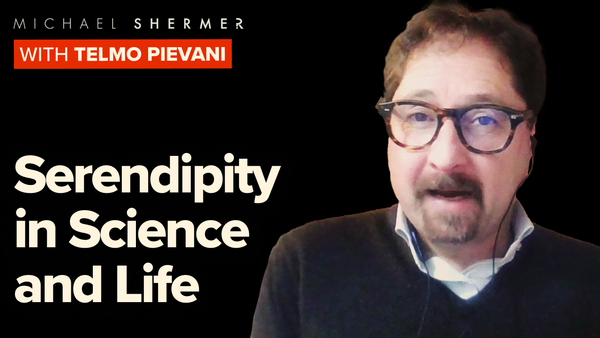
Michael Shermer Show


Join 100,000+ Listeners
Dive into science, skepticism, and the most pressing social issues of today. Test your critical thinking through conversations with leading authors and experts. Thought-provoking and insightful, this is where big ideas come to life.


Michael Egnor X Christof Koch X Michael Shermer | A Debate on the Mind, Soul, and the Afterlife

The Science Behind Menopause

Andrew Doyle: Trapped Between Woke Dogma and Right-Wing Populism

The Myths of American Capitalism Explained

The Big Bang Wasn’t the Beginning? Exploring Cosmic Origins

Inside the Modern Paranormal Movement

The CIA’s Mind Control Experiments

Neanderthals and Us: A Complex Story of Coexistence and Hybridization

AI, Trade Wars, Degrowth: What's Next for the Global Economy?

Is Modern Life Making Us Miserable?

Free Speech Under Fire? From Campus Protests to Deportations

Is It Possible to Change Your Entire Personality?

The Trouble with Economic Data: Flawed Metrics, Flawed Decisions

Did Shutting Down Schools Help or Hurt? A COVID-19 Postmortem

Scott Barry Kaufman on Resilience in the Age of Fragility
OUR MISSION
To explore complex issues with careful analysis and help you make sense of the world. Nonpartisan. Reality-based.
About Skeptic Magazine